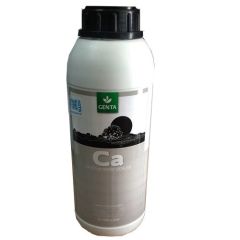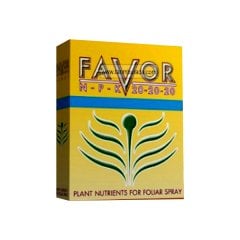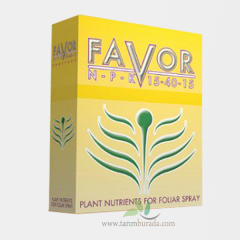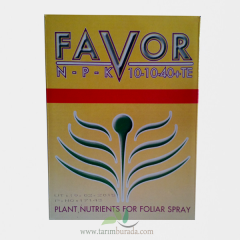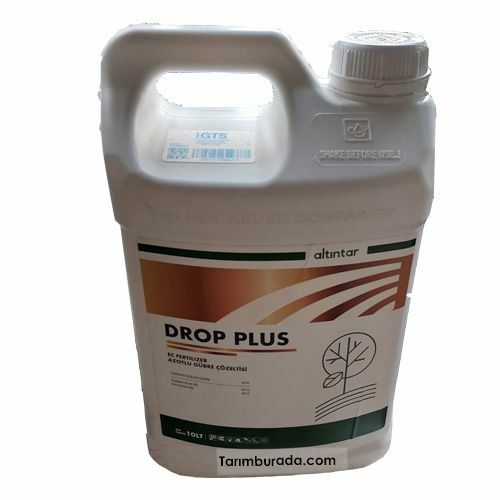Nitrogen (N)
Among the nutrients, nitrogen deficiency makes itself felt most quickly. Therefore, nitrogen is the most important among plant nutrients and is the most used in fertilization.
In nitrogen deficiency, growth and development of plants slow down rapidly and the plant remains small. The number of shoots is low and the shoot length is shorter than normal. In advanced nitrogen deficiency, shoots curl and grow downwards. The leaves shrink, fall off prematurely, and severe chlorosis (yellowing) occurs. The plant secretes senescence hormone and root development is poor. Thin and weak roots are seen. Nitrogen deficiency primarily manifests itself in old leaves. This is due to the mobility of nitrogen in the plant. Early flowering will be observed and the vegetative period will be shortened.
If nitrogen is given in excess, negative effects such as abnormal dye leakage in the plant, loosening of plant tissues, lodging in the plant, decreased resistance to diseases, late flowering and shortening of shelf life, decrease in sugar synthesis, premature fruit drop, and increase in storage diseases are observed.
Uptake Forms of Nitrogen: NO 3 - , NH 4 and NH 2 -
- Light and sandy soils where nitrate is leached and ammonium volatilizes and leaves the soil quickly. Soils with structural problems due to water stress, irrigation or high clay content. Soils with low organic matter content. Insufficient fertilization or depletion of nitrogen in the previous period. Insufficient root development in the plant.











